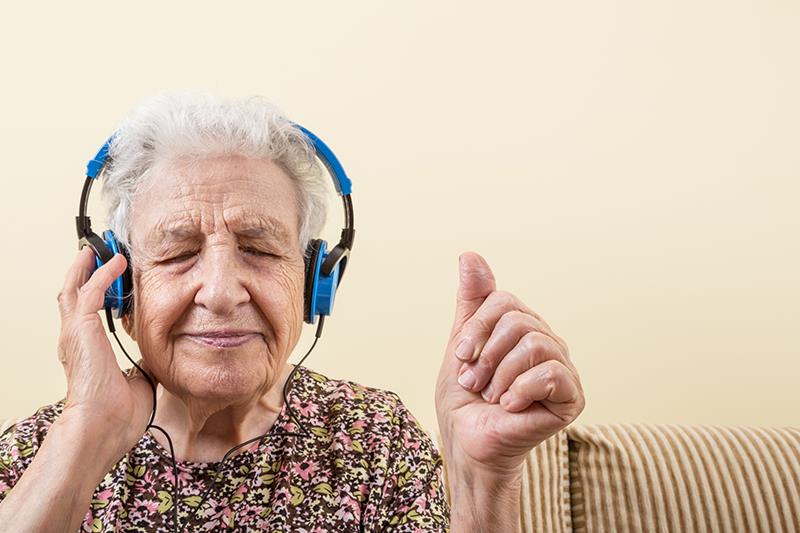Most adults between the ages 65 and 85 have at least one chronic condition (heart disease, diabetes, cancer, or arthritis, for example). Because aging brings with it a variety of changes to people’s physical, mental, and emotional well-being, music therapy for seniors and their caregivers can be beneficial. Champion Home Health Care, serving Brevard County, aims to provide caring, expert home care. We have found that music therapy can be quite effective in aiding seniors, as we will explain below.
Since music has the ability to take us back in time, evoking memories and feelings from the past and offering comfort and cheer, it is cherished by many people. Music therapy has been shown in studies to help some older people restore and maintain their health, and also help them remember memories and fight off feelings of depression. Music therapy means the use of musical or rhythmic interventions to restore/improve social, emotional, physical, and mental functioning.
Issues that music therapy helps seniors with include the following:
- Cognitive skills: Many people associate music with the past, and hearing a song can evoke a memory from many years ago. For dementia patients, music from a person’s childhood or young adult years has proven to be effective in obtaining a positive response and involvement (and this happens even when the patient can no longer communicate). Music has been shown to help seniors process their thoughts and recall/maintain memories.
- Physical Skills: Music inspires movement and dancing, which in turn promotes coordination and can help seniors with walking and endurance. If your senior loved one is not able to walk, they could still tap their toes and clap, which helps stimulate blood flow.
- Social Skills: Music therapy can help with increased social interaction between caregivers, seniors, and others. It encourages bonding and can alleviate feelings of loneliness and depression.
- Speech: Music therapy can help older adults speak clearly, answer questions, and make decisions. For dementia patients, it can help slow speech and language deterioration of speech and language skills.
- Stress: Because some caregivers have difficulty with their aging parent’s stress and agitation, it’s worth trying to use music that they enjoy to help them relax and be less aggressive. Slow songs, like ballads and lullabies, help prepare people for bed or deal with routine changes that may cause agitation.
The important thing to remember is to choose music that resonates with seniors, so find out their favorite artists and musicians from their past. Introduce music into their daily routines, and see if there’s an overall quality of life improvement! For more ideas and information, contact us at Champion Home Health Care today.




